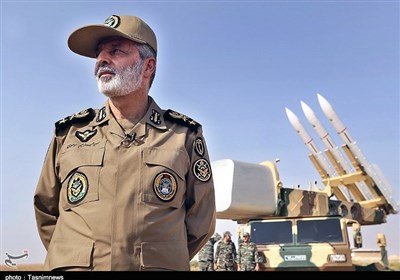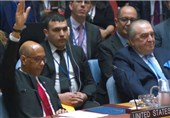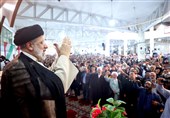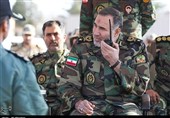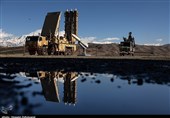IRGC Chief Stresses Failure of All US, Israeli, Saudi Plots against Islamic Revolution
TEHRAN (Tasnim) – Commander of the Islamic Revolution Guards Corps (IRGC) Major General Mohammad Ali Jafari underlined that none of the enemy schemes against the Islamic Revolution have been successful.
“Thank God, all the plots hatched against the Islamic Revolution by the enemies, on top of them the US, Israel and despicable and anti-Islam Saudi Arabia, have ended in failure,” Major General Jafari said in an address to a cultural ceremony on Sunday.
He further referred to the spread of the revolution’s discourse to other countries, saying, “Today, 38 years after the (victory of the 1979 Islamic) Revolution, we are witnessing resistance and the Islamic Awakening movement (in the region).”
The Islamic Awakening refers to the Islamic movement which started with the Tunisian revolution and led to the uprisings in other countries like Egypt, Saudi Arabia, Libya, Yemen and Bahrain.
The commander went on to say that the spread of the Iranian nation’s spirit of resistance to other countries is the reason why the US and other countries have faced defeat in Syria, Iraq and Yemen.
Syria has been gripped by civil war fomented by foreign-backed terrorists since March 2011.
In recent years, Iraq has also been facing the threat of terrorism, mainly posed by the Daesh (ISIL or ISIS) terrorist group believed to be backed by the US and its allies.
As for Yemen, Saudi Arabia and some of its Arab allies have been carrying out deadly airstrikes on the Arabian Peninsula country since March 2015 in an attempt to restore power to the fugitive former President Abd Rabbuh Mansour Hadi, a close ally of Riyadh.
Nearly 12,000 Yemenis, including women and children, have lost their lives in the deadly military campaign but the Saudi regime and its allies have failed to achieve their objective in Yemen.

